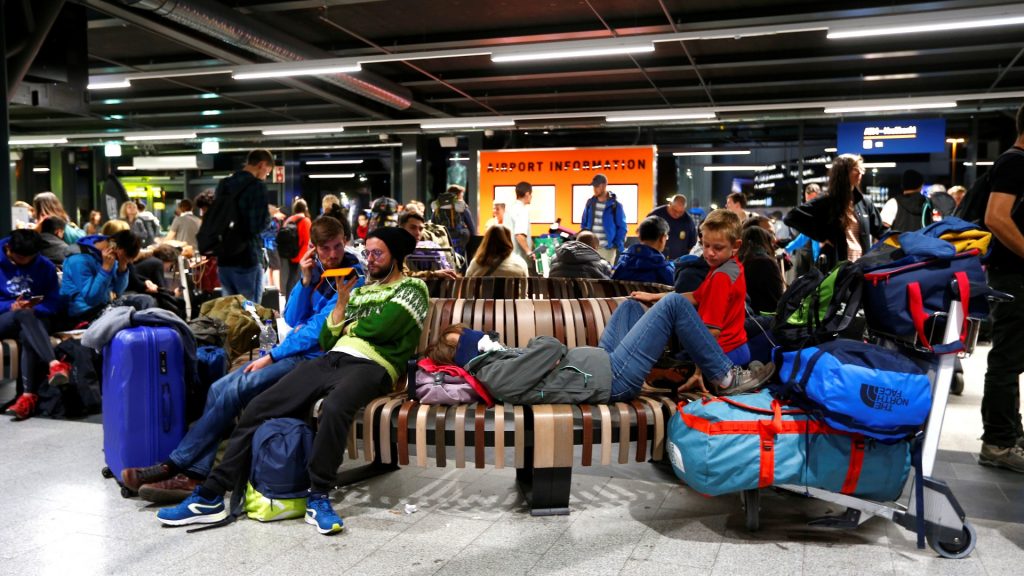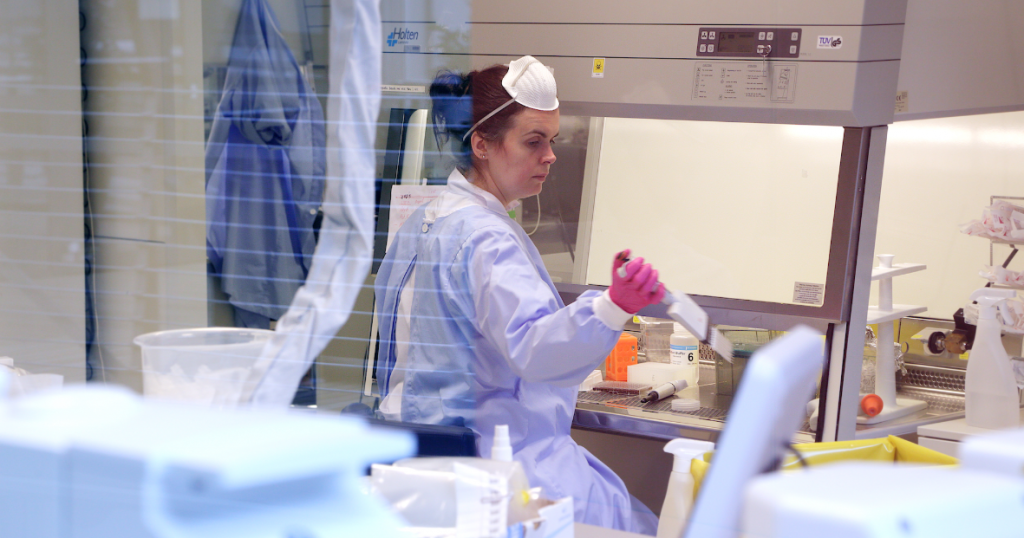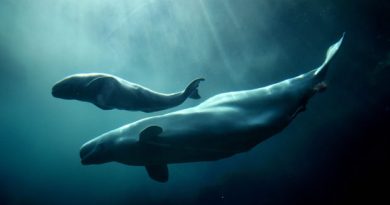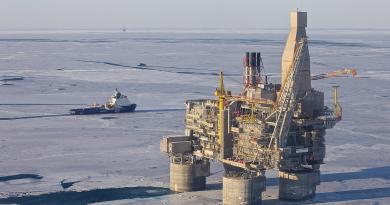Iceland intensifies COVID-19 border testing after case increase

Iceland will be intensifying COVID-19 testing measures at the border as of August 19 after a recent increase in cases.
Staring Wednesday, travellers arriving in the country will be given the option of a 14-day quarantine or undergoing a double-testing regime, with one test upon arrival and then a 5 to 6 day quarantine at which point a second COVID-19 test would be done to rule out initial false negatives.
“Given the uptick in infections worldwide and the widespread effect that a small infection can have on the functioning of our society, the Government has decided to strengthen our border-screening measures to further limit the number of infections entering the country,” said Prime Minister Katrín Jakobsdottir in a news release on Friday.
“These measures will be reviewed and revised according to how the situation develops, both domestically and internationally. However, we know that there is no way of eliminating the risk of infection. We are confident that our well-established measures of testing, tracing, and isolating, will continue to serve an important role, along with effective early treatment of all patients.”
Working to contain new clusters
Travellers will undergo a polymerase chain reaction (PCR) test. The test involves taking swabs from the nose and throat. Children born in 2005 or later are exempt from the testing requirement.

“We will continue to monitor the trends in Europe and elsewhere very closely and adjust our recommendations accordingly, both as regards border measures and preventive social measures,” said Thorolfur Gudnason, Iceland’s chief epidemiologist.
“Unfortunately, the pandemic is on the rise again in Europe but we are yet to see how severe the impact of this second outbreak will be, now that we have much better information and improved treatment options to combat the pandemic.”
Iceland largely had COVID-19 infections under control until two new cluster infections were identified at the end of July. In their news release, the government said one of the clusters was “almost immediately contained”, and that the rate of infection for the second one had “slowed down significantly.”
As of Wednesday, Iceland’s was reporting 18.5 COVID-19 infections per 100,000 people over the last 14-days, down from 27 infections per 100,000 people at the beginning of August.
Write to Eilís Quinn at eilis.quinn(at)cbc.ca
Related stories from around the North:
Canada: Inuit gov. in Labrador, Canada tells out-of-province travellers to stay away despite ‘Atlantic bubble’, Eye on the Arctic
Finland: Finland joins other Nordic countries in virtual tourism due to pandemic, Yle News
Greenland: Greenland changes COVID-19 rules for travellers from Iceland, Faroe Islands, Eye on the Arctic
Iceland: Iceland reinstates COVID-19 restrictions after spike in domestic infections, Eye on the Arctic
Norway: Norwegian Arctic wilderness tourism hit particularly hard by coronavirus, The Independent Barents Observer
Russia: All Russia’s North Pole cruises rescheduled to 2021, Eye on the Arctic
Sweden: Sweden seen as major source of COVID-19 in Western Finland region, Yle News
United States: Airline shutdown creates new challenges for rural Alaska, The Associated Press



